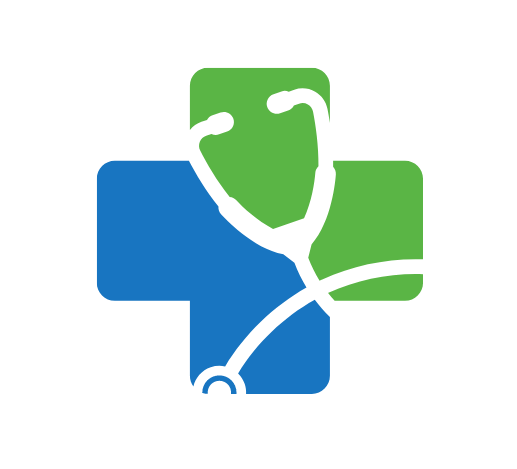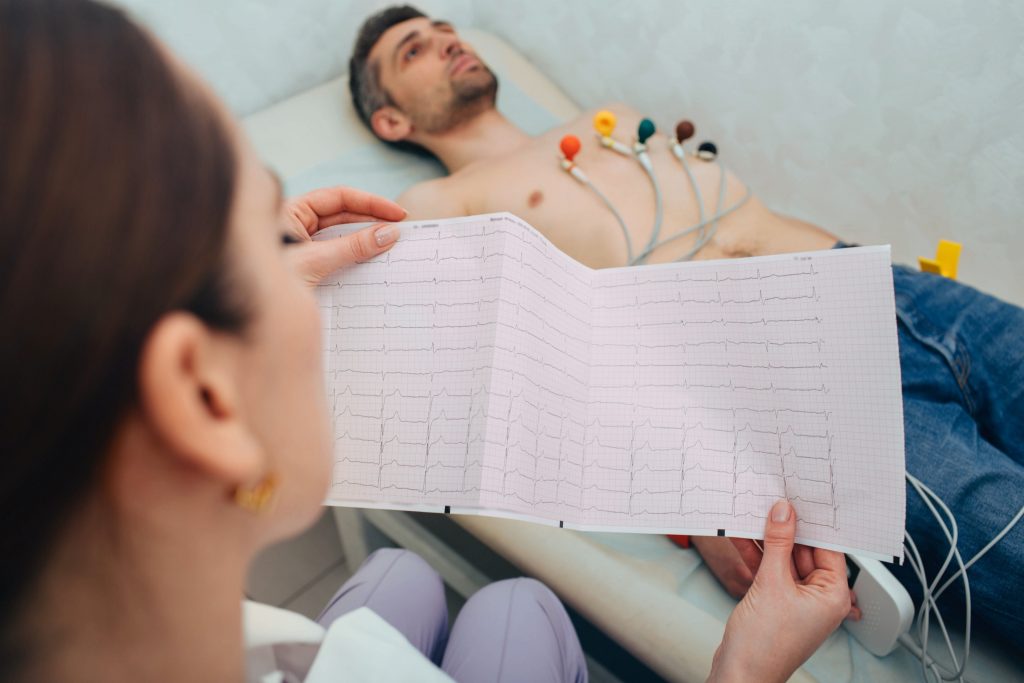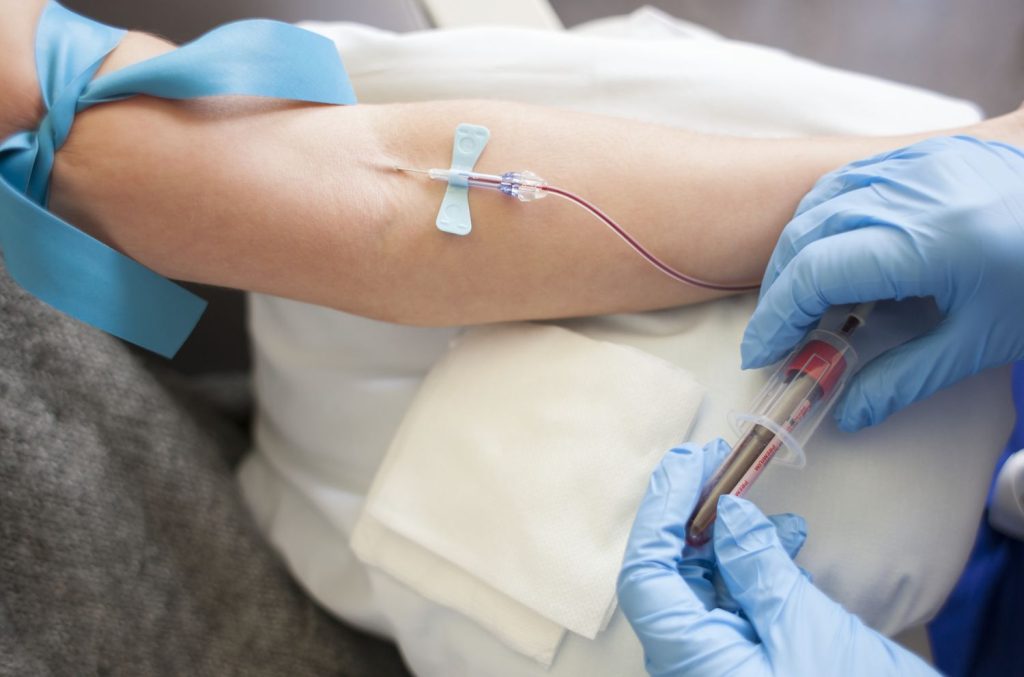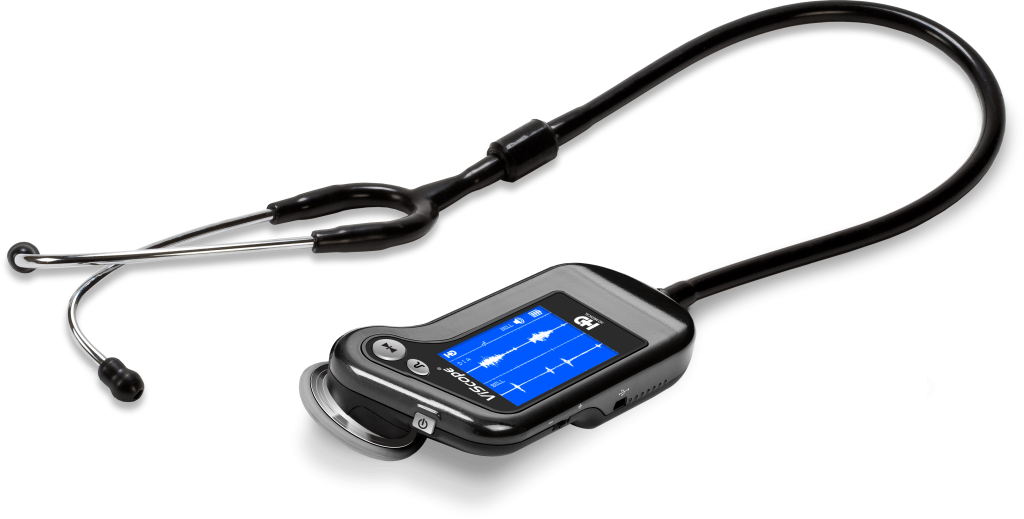How to become a medical conference speaker
Imagine stepping onto a brightly lit stage, a hush falling over a packed auditorium filled with your peers, all eager to hear your insights on a groundbreaking medical breakthrough or a nuanced clinical challenge. Becoming a medical conference speaker isn’t just about presenting; it’s about establishing yourself as a thought leader, influencing medical practice, and…
Read more











 then "Add to Home Screen"
then "Add to Home Screen"